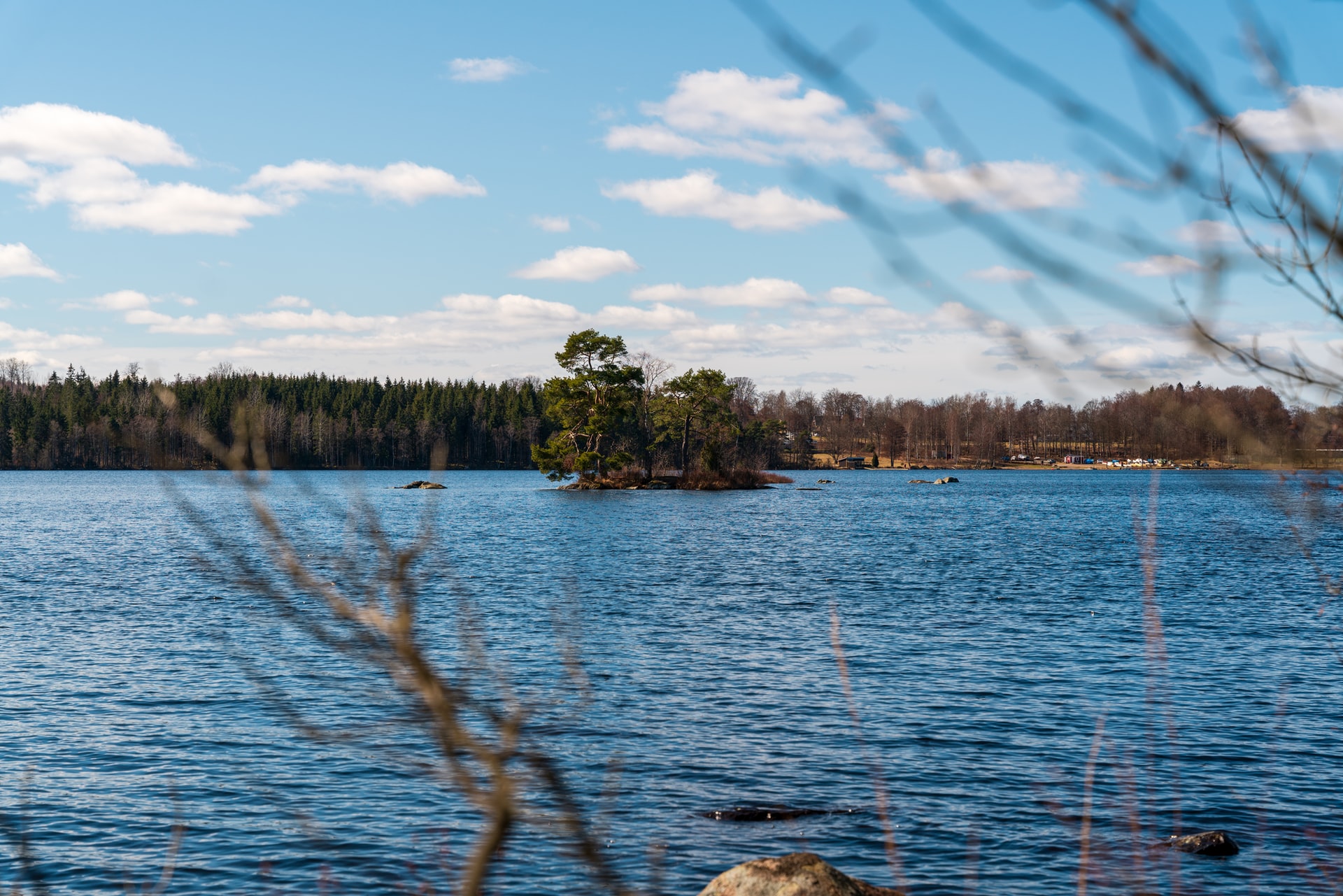Media release
From:
Chemicals leached from plastic bags are found to stimulate more bacterial growth in lakes than natural organic matter, a paper published in Nature Communications suggests. The findings are based on samples from 29 Scandinavian lakes and may inform pollution mitigation strategies in certain instances.
Plastic waste widely pollutes freshwaters. The breakdown of plastic releases compounds that can provide energy for bacterial growth, but can also impair growth due to toxicity. However, how these compounds influence microbial metabolism and growth rates is not well understood.
Using ultra-high resolution mass spectrometry, Eleanor Sheridan and colleagues analysed compounds leached from low-density polyethylene (LDPE) plastic bags (the most common type of plastic found in freshwaters), and organic matter in samples from 29 Scandinavian lakes. They found that compounds dissolved from the plastic were chemically distinct and easier for bacteria to use as a carbon source than natural organic matter. This increased accessibility of carbon enhanced bacterial growth by 1.72 times. The authors note that the growth rates were dependent on both bacterial diversity and the characteristics of the natural organic matter within the lake.
The authors caution that their study is focused solely on bacteria and does not take into consideration the effect of plastic on other microorganisms, such as microalgae and fungi. However, they suggest that some bacterial taxa, such as Deinococcus and Hymenobacter, which occur naturally in lake environments, may be particularly well suited to removing plastic-derived compounds and could aid future pollution mitigation strategies.



 International
International



